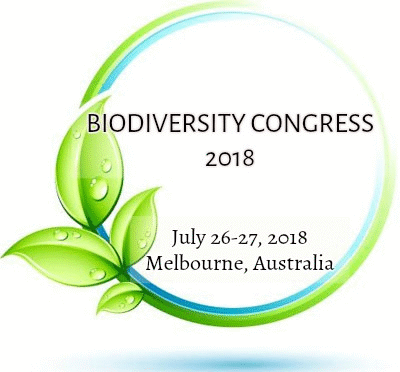
Ricky M. Bates
Penn State University, USA
Title: Strengthening indigenous informal seed systems in Southeast Asia
Biography
Biography: Ricky M. Bates
Abstract
Seed is a fundamental agriculture input and access to locally adapted, quality seed is an essential component of sustainable crop production. In much of the developing world, informal seed systems, such as farmer-to-farmer exchanges and farmer self-saved seed, are critical components of resource poor farming systems. Indeed, planted seed from this informal system comprise the majority of planted acreage in many regions of the world. This local seed production and distribution facilitates maintenance of crop biodiversity by preserving in situ locally adapted varieties and by broadening the genetic base of production with multiple varieties adapted to specific production systems and micro-climates. These informal seed systems are also critical for seed and food security during periods of instability or natural disaster, including changing environmental conditions. A rich diversity of underutilized species function within informal seed systems in Southeast Asia, and represents a valuable resource for the development and improvement of crop species. Current efforts to conserve, improve, and disseminate indigenous species are failing or insufficient. To optimize these informal seed systems, research has been conducted to better understand their germplasm characteristics, distribution pathways and gatekeepers, and to improve local stakeholder access to seed information and value chains. Research and extension projects to conserve and promote neglected and underutilized species within these informal seed systems have resulted in 1) surveys of key indigenous crops and collection of local crop knowledge, 2) training and development of regional community-based seed banking enterprises, 3) seed quality conferences including seed exchange activities, and 4) improved human and institutional capacity, strategically focused on entrepreneurial women.

